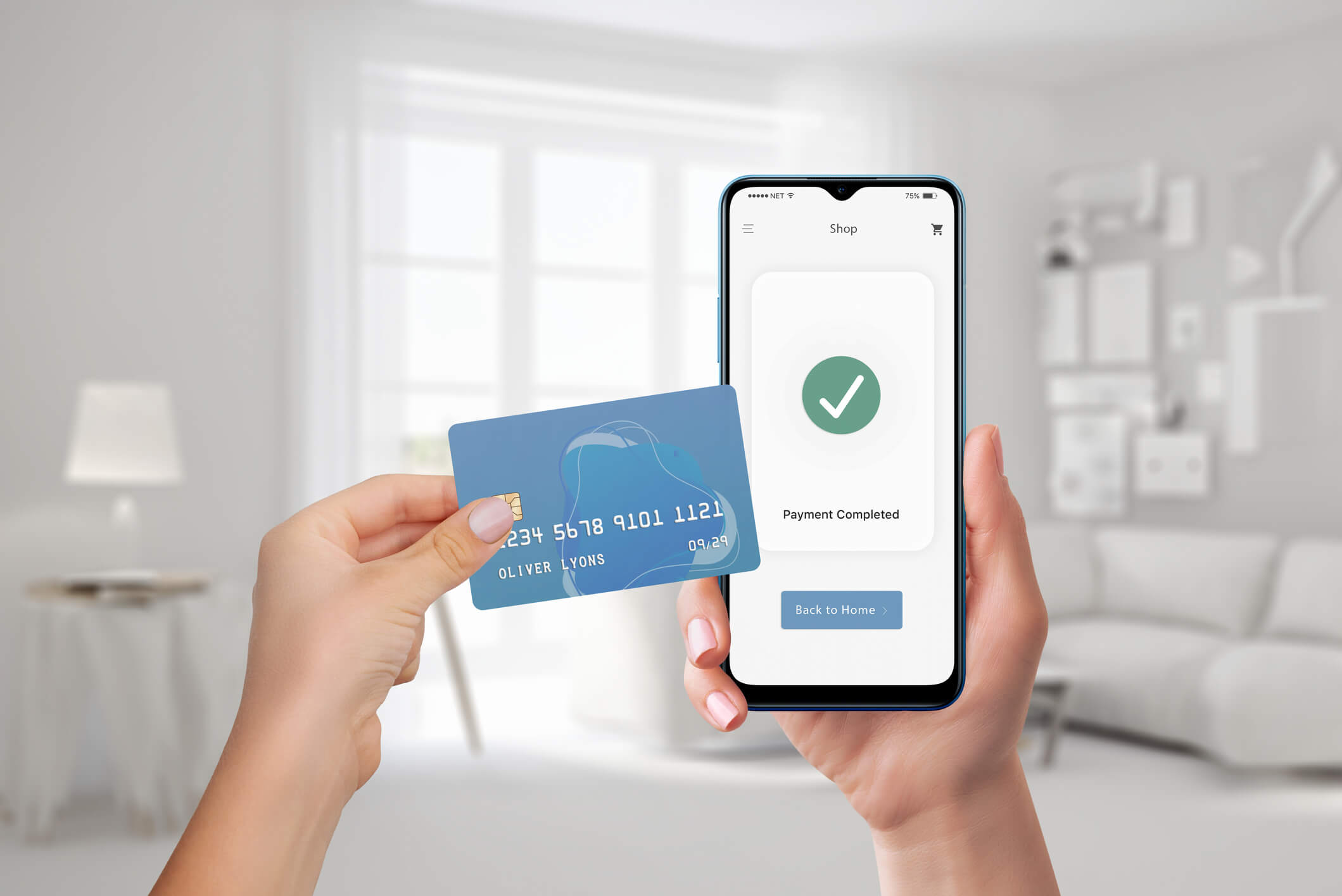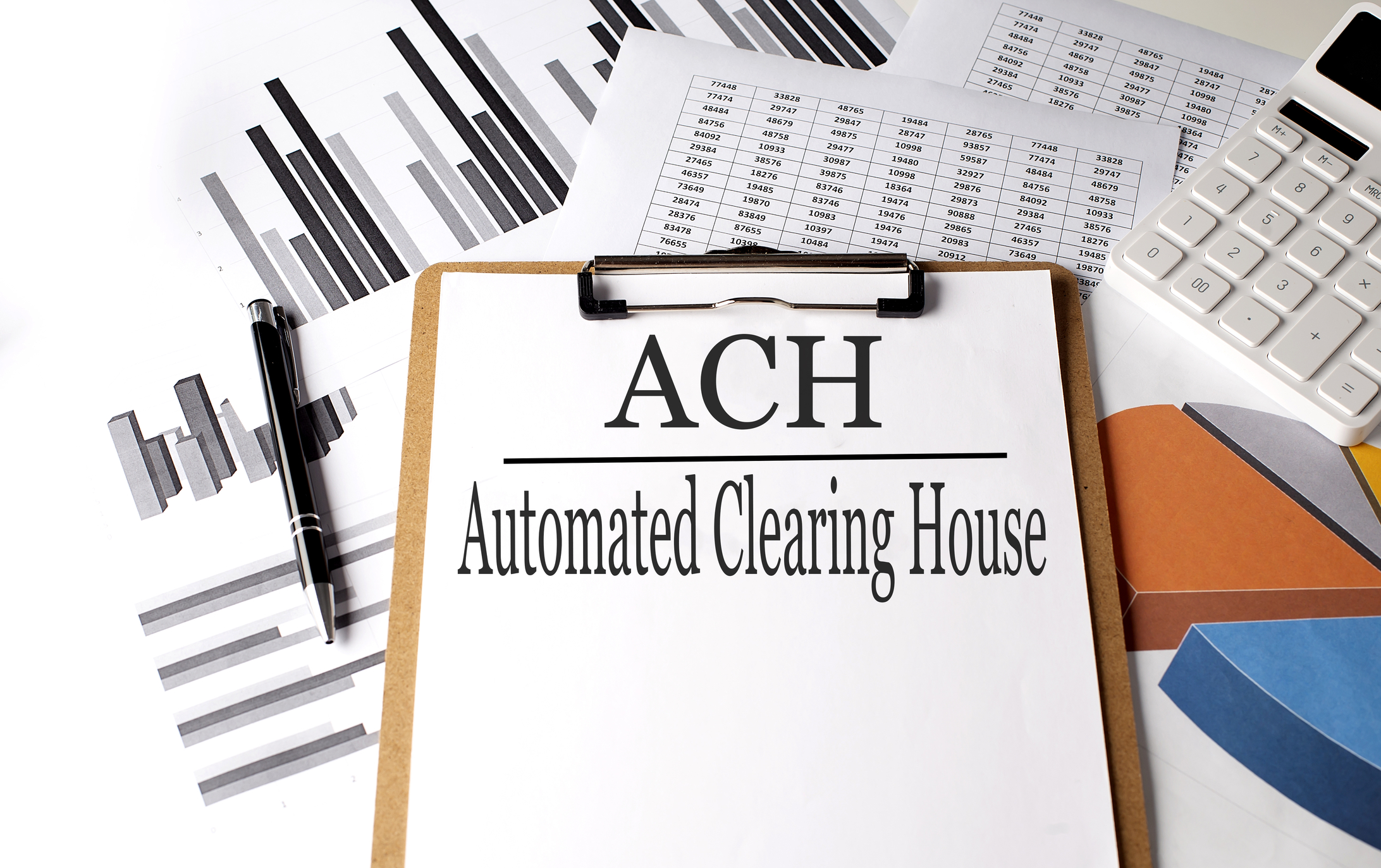
By alphacardprocess May 13, 2024
Finding the best payment processing solution for contractors involves understanding specific business needs and evaluating various features that can streamline financial operations. Contractors need a reliable and efficient way to accept payments from clients, whether it’s for a completed project or an ongoing service. However, with so many options available in the market, choosing the best payment processing solution can be a daunting task. This comprehensive guide aims to help contractors navigate through the various factors to consider when selecting a payment processing solution that best suits their needs.
Factors to Consider When Choosing a Payment Processing Solution for Contractors
Selecting the right payment processing solution for contractors involves understanding the unique needs of the contracting business, including fluctuating payment schedules, project-based invoicing, and handling of large transactions. Here’s a comprehensive guide to assist you in making an informed decision:
1. Transaction Costs
Consider the fee structure of payment processors, which typically includes transaction fees, monthly account fees, and sometimes even setup fees. Since contractors often deal with large transactions, lower transaction rates can lead to significant savings. Look for transparent pricing with no hidden fees.
2. Ease of Use
The payment system should be user-friendly, enabling contractors to manage invoices, payments, and customer data easily. An intuitive interface can reduce administrative time and help focus more on core business activities. Additionally, it should be easy for your clients to make payments through the system.
3. Payment Flexibility
Contractors require a payment solution that supports various payment methods including credit cards, bank transfers, and online payments like PayPal. This flexibility helps accommodate different client preferences and streamlines cash flow management.
4. Mobile Accessibility
With contractors often on-site or moving between locations, mobile accessibility is crucial. A mobile-friendly payment system allows contractors to issue invoices, accept payments, and check transaction statuses from anywhere, enhancing efficiency and customer service.
5. Security Features
Due to the high volume and value of transactions typical in contracting, security cannot be overlooked. Ensure the payment processor adheres to PCI DSS standards and offers features like SSL encryption, fraud protection, and secure customer data storage.
6. Integration Capabilities
Check if the payment processing system integrates seamlessly with your existing tools, such as accounting software, CRM systems, and project management tools. Integration can drastically reduce the time spent on double-entry and improve overall operational efficiency.
7. Customer Support
Good customer support is essential, especially when dealing with complex payment issues. Look for providers that offer comprehensive support through multiple channels like phone, email, and live chat.
8. Scalability
The chosen solution should be able to grow with your business. As contracting businesses expand, their payment processing needs may evolve. The system should be scalable to accommodate more transactions, additional users, and expanding service areas without significant cost increases.
9. Reputation and Reliability
Research the provider’s reputation. Read reviews and testimonials from other businesses, especially those in the contracting sector. A reliable service provider will have a proven track record of uptime and consistent service quality.
10. Customization Options
Some payment processors offer customization options that let you tailor features according to specific business needs. Customized invoicing, branded payment gateways, and special rates for high-volume transactions can be beneficial for contractors.
Assessing the Specific Needs of Contractors: What to Look for in a Payment Processing Solution

When assessing the specific needs of contractors for a payment processing solution, it’s essential to focus on features that streamline operations, enhance flexibility, and provide robust security. This guide outlines key factors contractors should consider to ensure they select the most effective and efficient payment processing solution.
1. Customized Billing Options
Contractors often handle projects that vary greatly in scope and duration, which necessitates a payment solution that offers flexible billing. Look for systems that support progress billing, retainage, and milestone payments, allowing you to tailor invoicing according to project timelines and agreements.
2. Robust Security Measures
Given the sizable transactions often associated with contracting work, ensuring that all payment data is secure is paramount. A good payment processor should offer end-to-end encryption, compliance with PCI DSS standards, and additional security measures such as two-factor authentication and fraud detection systems.
3. Integration with Business Tools
To maximize efficiency, a payment solution should integrate seamlessly with other business tools that contractors commonly use, such as accounting software, project management applications, and customer relationship management (CRM) systems. This integration helps in reducing manual data entry, minimizing errors, and providing real-time financial insights.
4. Mobile and Remote Payment Capabilities
Contractors are frequently on the move, making it crucial to have a mobile-friendly payment solution. The ideal system should allow you to issue invoices, accept payments, and manage your finances from any device, thereby enabling you to handle financial transactions on-site or between jobs without delays.
5. Fast and Reliable Funding
Cash flow management is critical for contractors, making the speed of processing and funding a vital consideration. Ensure that the payment processor offers quick funding options to maintain steady cash flow. Some systems provide same-day or next-day funding, which can be crucial during tight project schedules.
6. Customer Support Services
Effective support is crucial, particularly when payment issues arise. A reliable payment processor should provide accessible and responsive customer support. This includes 24/7 availability through multiple channels like phone, email, and live chat, ensuring you can get help whenever needed.
7. Transparent Pricing Structure
Understanding the cost of services is essential for contractors to manage budgets effectively. Choose a payment processing solution that offers clear, upfront pricing without hidden fees. This includes straightforward information on transaction fees, monthly charges, and any additional costs for premium features.
8. Scalability
As contracting businesses grow, their payment processing needs may change. It’s important to select a system that can scale with your business, accommodating increased transaction volumes and additional functionalities without requiring a complete system overhaul.
Exploring Different Types of Payment Processing Solutions for Contractors
Exploring different types of payment processing solutions is essential for contractors who want to streamline their operations and offer convenience to their clients. Whether you’re a small business owner or a large contracting firm, understanding the variety of available payment methods can significantly enhance your business’s efficiency and customer satisfaction. Here, we explore some of the most effective payment processing solutions tailored for contractors.
1. Credit and Debit Card Processing

One of the most common and convenient payment methods for customers is paying via credit or debit cards. Contractors can integrate card processing solutions that allow them to accept payments on-site or online. This not only simplifies the transaction process but also enables contractors to receive payments promptly. Utilizing a mobile card reader or having an eCommerce setup are viable options that cater to different client needs.
2. ACH Payments

Automated Clearing House (ACH) payments are electronic payments made directly from a client’s bank account to the contractor’s account. This method is particularly beneficial for handling large transactions or recurring payments, such as for ongoing projects. ACH payments are known for their lower processing fees compared to credit card payments, making them a cost-effective option for both contractors and their clients.
3. Mobile Payment Solutions
Mobile payment technologies like Apple Pay, Google Wallet, and Samsung Pay are becoming increasingly popular due to their convenience and security. Contractors can adopt these platforms to allow customers to make secure payments directly from their smartphones. This method is particularly useful for contractors who frequently conduct transactions in various locations, as it only requires a mobile device.
4. Online Payment Gateways
Online payment gateways offer contractors the ability to accept payments via their website. This is ideal for contractors who manage their business online or who wish to provide an easy way for clients to make payments remotely. Gateways such as PayPal, Stripe, and Square provide secure, efficient, and user-friendly platforms that integrate easily with existing websites.
5. Invoice-Based Payments
For contractors who typically issue invoices, electronic invoicing systems can be integrated with payment processing solutions. This allows clients to pay directly through the invoice using a link to a payment gateway. It streamlines the payment process by reducing the steps needed to make a payment and also helps in faster clearance and reconciliation of payments.
6. Cryptocurrency Payments
With the rising interest in digital currencies, some contractors might consider accepting cryptocurrencies like Bitcoin, Ethereum, or Litecoin. This can be particularly appealing for tech-savvy clients or those in industries where cryptocurrency transactions are becoming more common. Crypto payments can offer lower fees and faster transaction times but come with a volatility risk that needs to be managed.
7. Bank Transfers
Traditional bank transfers remain a reliable option for many contractors, especially in cases involving large sums of money. This method involves direct transfer of funds from the client’s bank account to the contractor’s account, usually requiring the bank’s intervention to complete the transaction. While secure, this method might take longer to process compared to others.
Comparing the Pros and Cons of Popular Payment Processing Solutions for Contractors
Traditional Merchant Accounts
Pros:
- Ability to accept a wide range of payment methods
- Established and reliable payment processing
- Access to customer support from the bank or financial institution
Cons:
- Lengthy application process and underwriting requirements
- Higher fees compared to other solutions
- Limited flexibility for small or new businesses
2. Payment Gateways
Pros:
- Seamless integration with websites and software
- Wide range of payment options
- Lower fees compared to traditional merchant accounts
Cons:
- Additional fees for gateway services
- Potential for technical issues or downtime
- Limited control over the payment process
3. Mobile Payment Solutions
Pros:
- Convenience and flexibility for on-the-go payments
- Quick and easy setup
- Lower transaction fees compared to traditional methods
Cons:
- Limited payment options compared to other solutions
- Reliance on stable internet connection
- Potential security concerns with mobile devices
Understanding the Fees and Costs Associated with Payment Processing Solutions for Contractors
When choosing a payment processing solution, contractors must carefully evaluate the fees and costs associated with each option. Here are some common fees to consider:
- Transaction Fees: Transaction fees are charged for each payment processed. These fees can be a flat rate or a percentage of the transaction amount. Contractors should compare transaction fees across different providers to find the most cost-effective option.
- Monthly Fees: Some payment processing solutions charge a monthly fee for access to their services. Contractors should consider whether the benefits provided by the solution justify the monthly cost.
- Setup Fees: Some providers may charge a one-time setup fee to activate the payment processing solution. Contractors should factor in these upfront costs when evaluating different options.
- Chargeback Fees: Chargeback fees are incurred when a customer disputes a transaction and requests a refund. Contractors should be aware of the chargeback policies and associated fees of each payment processing solution.
Evaluating the Security and Fraud Protection Features of Payment Processing Solutions for Contractors
Security and fraud protection are critical considerations when choosing a payment processing solution. Contractors should look for the following features:
- Encryption: Payment processing solutions should use encryption technology to protect sensitive customer data during transmission. Look for solutions that utilize Secure Sockets Layer (SSL) or Transport Layer Security (TLS) encryption.
- Tokenization: Tokenization replaces sensitive payment information with a unique identifier, or token, to prevent unauthorized access. This feature adds an extra layer of security by ensuring that customer data is not stored or transmitted in its original form.
- Fraud Detection: Payment processing solutions should have robust fraud detection mechanisms in place to identify and prevent fraudulent transactions. Look for solutions that offer real-time fraud monitoring, address verification, and card verification value (CVV) checks.
- Compliance: Ensure that the payment processing solution is compliant with industry standards, such as the Payment Card Industry Data Security Standard (PCI DSS). Compliance with these standards ensures that the solution meets stringent security requirements.
Integrating Payment Processing Solutions with Existing Contractor Management Systems
Integration with existing contractor management systems can streamline the payment process and improve efficiency. Contractors should consider the following integration options:
- Accounting Software Integration: Integrating the payment processing solution with accounting software allows for seamless synchronization of payment data, eliminating the need for manual data entry. This integration can save time and reduce the risk of errors.
- Project Management Tool Integration: Integration with project management tools enables contractors to track payments and project progress in one centralized system. This integration can provide a holistic view of the business and improve project management efficiency.
- Customer Relationship Management (CRM) Integration: Integrating the payment processing solution with a CRM system allows contractors to track customer payment history, manage invoices, and streamline customer communication. This integration can enhance customer relationship management and improve overall customer satisfaction.
Tips for Streamlining the Payment Process and Enhancing Contractor Satisfaction
- Offer Multiple Payment Options: Providing clients with a variety of payment options can enhance customer satisfaction and increase the likelihood of prompt payments. Consider accepting credit cards, debit cards, mobile payments, and electronic bank transfers to cater to different client preferences.
- Automate Invoicing: Automating the invoicing process can save time and improve efficiency. Choose a payment processing solution that includes invoicing capabilities or integrates seamlessly with invoicing software. This automation can reduce manual errors and ensure timely billing.
- Set Clear Payment Terms: Clearly communicate payment terms to clients upfront. This includes specifying payment due dates, late payment penalties, and any other relevant payment policies. Setting clear expectations can help avoid payment disputes and improve contractor-client relationships.
- Provide Payment Reminders: Sending payment reminders to clients can help ensure timely payments. Consider using automated reminders through email or text messages to gently prompt clients to settle outstanding invoices.
- Streamline Reconciliation: Choose a payment processing solution that provides detailed transaction reports and integrates with accounting software. This integration can streamline the reconciliation process, making it easier to track payments and reconcile accounts.
Frequently Asked Questions
Q.1: What is a payment processing solution?
A payment processing solution is a service or software that enables businesses to accept and process payments from customers. It typically involves the use of technology to securely transmit payment information, verify transactions, and transfer funds.
Q.2: How do payment processing solutions work?
Payment processing solutions work by securely transmitting payment information from the customer to the contractor’s bank or financial institution. The solution verifies the transaction, checks for fraud, and transfers the funds to the contractor’s account.
Q.3: Can payment processing solutions be customized to meet specific business needs?
Yes, many payment processing solutions offer customization options to meet the specific needs of contractors. This can include features such as recurring payments, invoicing capabilities, and integration with existing systems.
Q.4: How long does it take to set up a payment processing solution?
The setup time for a payment processing solution can vary depending on the provider and the complexity of the contractor’s requirements. Some solutions can be set up within a few days, while others may take longer due to underwriting processes or integration requirements.
Conclusion
Choosing the best payment processing solution for contractors is a crucial decision that can significantly impact the efficiency and success of a contracting business. By considering factors such as cost, payment methods, integration capabilities, security features, and customer support, contractors can make an informed choice that aligns with their specific needs. Streamlining the payment process, enhancing contractor satisfaction, and ensuring the security of customer data should be top priorities when selecting a payment processing solution. With the right solution in place, contractors can focus on delivering exceptional services while maintaining a seamless and secure payment experience for their clients.